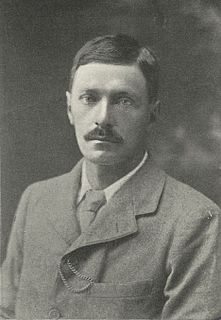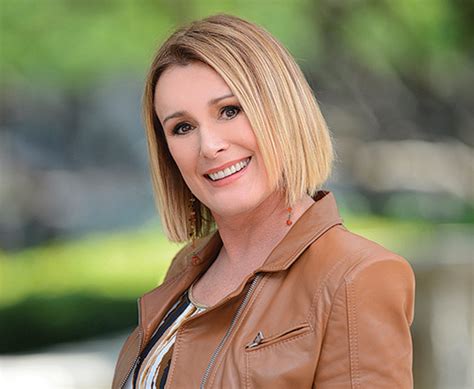A Quote by Frederic Dan Huntington
Behavior is the perpetual revealing of us. What a man does, tells us what he is.
Related Quotes
It's really important to have life strategies and part of that is sort of knowing where you want to go so you can have a map that helps you to get there. And the traditional way tells us oh we get into school and someone else advises us, helps us, but that often does not work for African Americans female and male. Because what works for the dominant culture often does not work for us.
The story of the gospel is so much better than the legal model suggests. It tells us that we are created as God's partners, not God's enemies. Sin does a lot of damage to that partnership - it disables us, it discourages us, it disturbs us - but it never destroys the bond that exists between God and humanity.






































